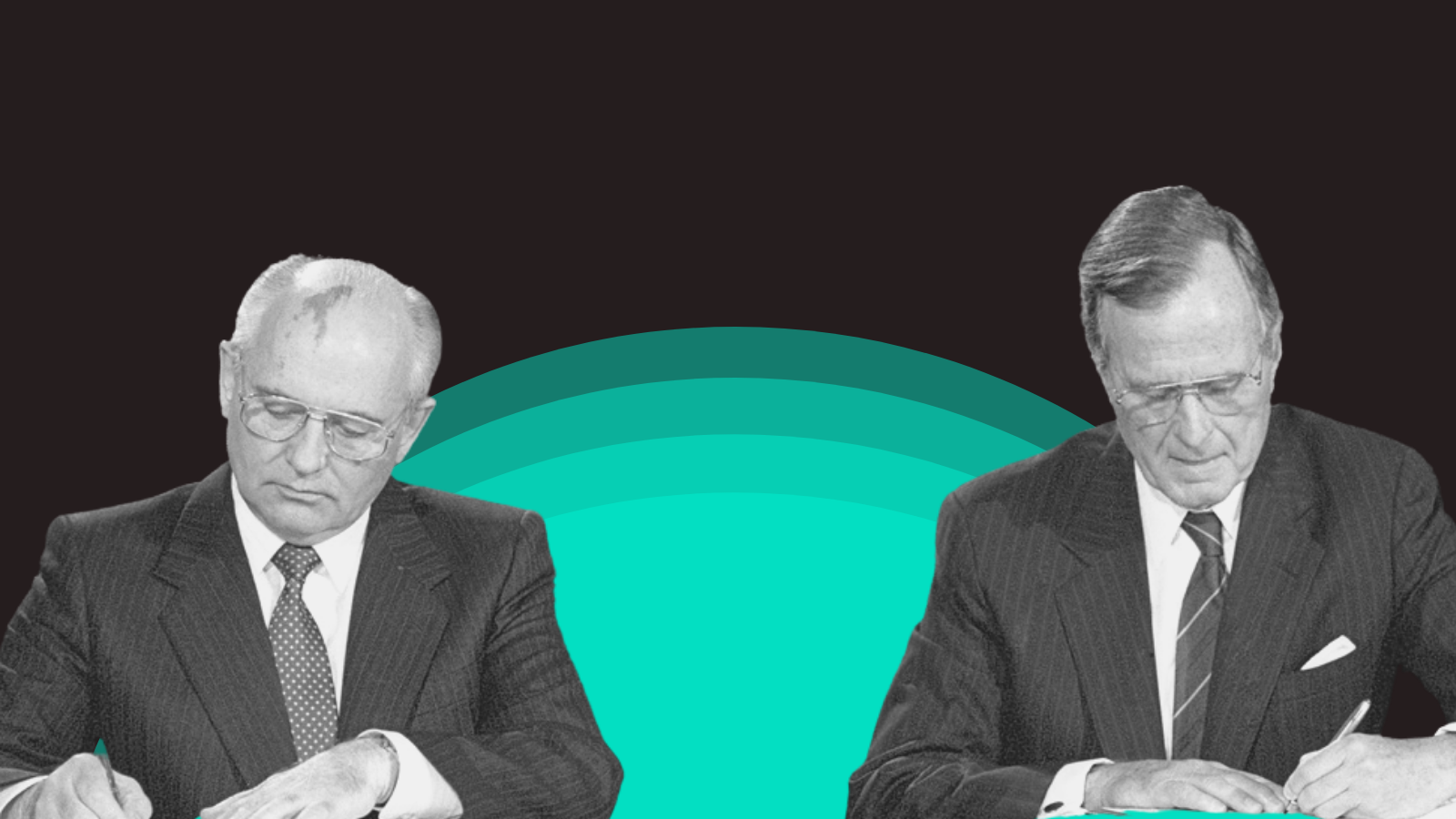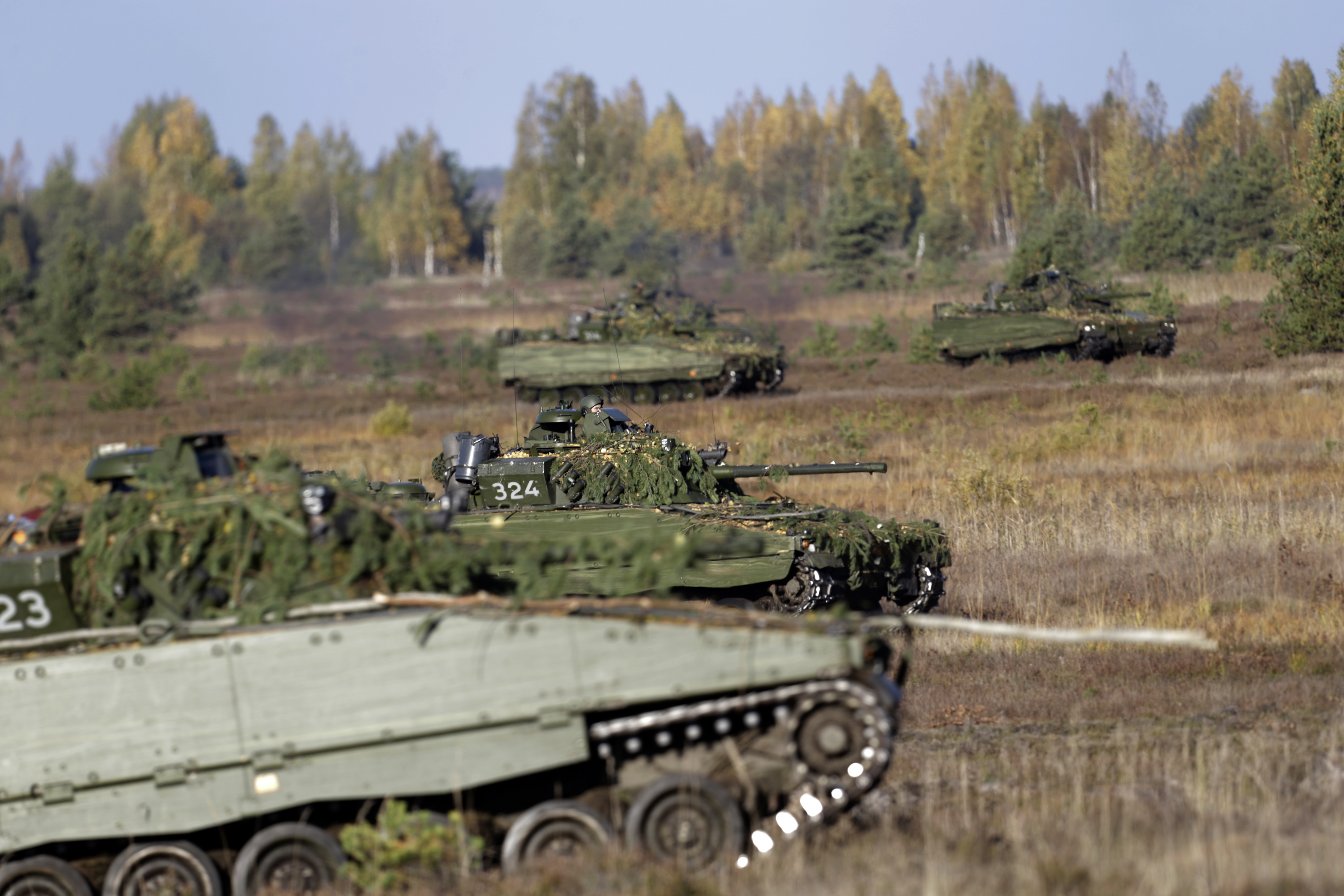g5000
Diamond Member
- Nov 26, 2011
- 130,668
- 74,826
- 2,605
Wrong.
This is common knowledge that Gorbachev gave the Ukraine independence in 1991, but under certain conditions.

Betrayal Of Gorbachev Regarding NATO Explained In Detail
Clinton's betrayal of Gorbachov is the root cause of the current impasse. He promised not to expand NATO up to Russia's border.progressivehub.net
{...
Top leaders of the “Free World” all agreed that the United States would never enlarge NATO to reassure Gorbachev that the new Russia had nothing to fear from NATO.
By Sharon Tennison, Center for Citizen Initiatives
At last … 30 years plus, the truth comes out. There are numerous accounts by the top leaders of the Free World that they all agreed that the United States would never enlarge NATO to reassure Mikhail Gorbachev that the new Russia had no worry from NATO, definitely there would be no enlargement beyond the borders of the reunited Germany.
Below note how many of the VIP’s assured Gorbachev that he need have no fear … they were adamant that NATO would never move closer to the struggling-to-survive new Russia in the 1990s.
These facts below have been ignored, blurred and buried as Bill Clinton mercilessly began admitting one piece of the former USSR into NATO. Today NATO surrounds Russia with the latest NATO missiles and troops aimed at Russia.
This is what Putin’s defiant resistance and threat to NATO in Ukraine is all about. He demands to have assurances that NATO will back off … or else. Russia is now strong enough militarily to make such demands. All of us could be caught in the crossfires if this situation isn’t resolved.
...}

Did NATO Promise Not to Enlarge? Gorbachev Says "No"
Russian President Vladimir Putin has made it well known his antipathy towards NATO, claiming the Alliance took advantage of Russian weakness after the collapse of the Soviet Union in violation of promises allegedly made to Moscow by Western leaders. Steven Pifer argues that no such promises were...
What the Germans, Americans, British and French did agree to in 1990 was that there would be no deployment of non-German NATO forces on the territory of the former GDR. I was a deputy director on the State Department’s Soviet desk at the time, and that was certainly the point of Secretary James Baker’s discussions with Gorbachev and his foreign minister, Eduard Shevardnadze. In 1990, few gave the possibility of a broader NATO enlargement to the east any serious thought.
The agreement on not deploying foreign troops on the territory of the former GDR was incorporated in Article 5 of the Treaty on the Final Settlement with Respect to Germany, which was signed on September 12, 1990 by the foreign ministers of the two Germanys, the United States, Soviet Union, Britain and France. Article 5 had three provisions:
- Until Soviet forces had completed their withdrawal from the former GDR, only German territorial defense units not integrated into NATO would be deployed in that territory.
- There would be no increase in the numbers of troops or equipment of U.S., British and French forces stationed in Berlin.
- Once Soviet forces had withdrawn, German forces assigned to NATO could be deployed in the former GDR, but foreign forces and nuclear weapons systems would not be deployed there.
Here is the Woerner speech: NATO Speech: The Atlantic Alliance and European Security
